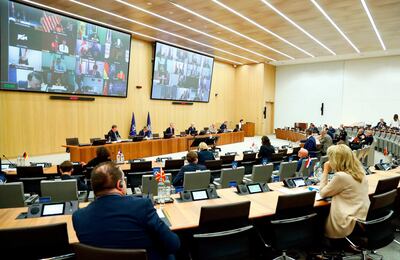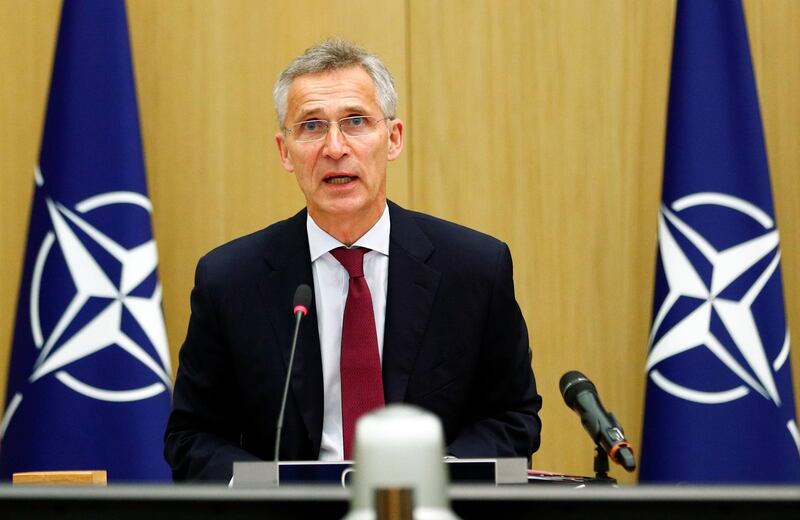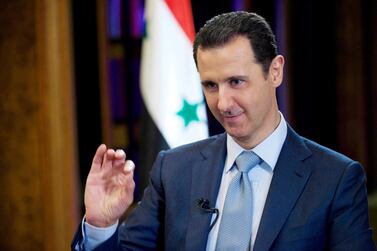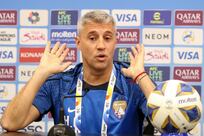Concerns over a second wave of the coronavirus pandemic have been raised by Nato at a senior ministerial meeting on Wednesday.
The news comes after Saudi Arabia saw a rise of almost 5,000 new Covid-19 cases. China, the centre of the outbreak, is also experiencing a fresh outbreak with 44 new coronavirus cases reported in Beijing.
“Nato is responding to Covid-19 and is preparing for a possible second wave,” said Jens Stoltenberg, the Nato Secretary General, in opening remarks before the meeting of ministers.
He added: “The security threats we faced before the pandemic have not disappeared so we must continue to provide security to our close to one billion citizens.”
Nato sources said the alliance was considering both the security and humanitarian implications that a second outbreak would bring. Almost 450,000 people have died in the first outbreak.
Ministers will also discuss the threat posed by the advances in Russia's nuclear arsenal with its medium range nuclear missiles. This has led to a near collapse of the Intermediate-Range Nuclear Forces Treaty, signed in 1987 by the United States and Soviet Union.
Mr Stoltenberg indicated the nuclear threat was high on the agenda. “We will discuss how to respond to the growing threat posed by Russia’s nuclear-capable missiles.”
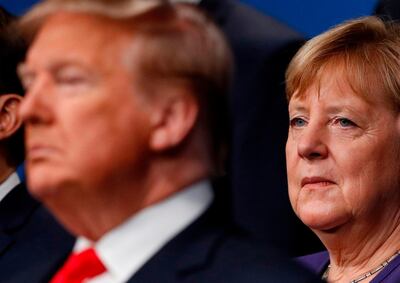
Despite the problems posed by the virus on militarily training the Secretary General said: “We need to maintain deterrence and defence and our operational readiness.”
Nato has just completed a major exercise in the Baltic Sea that involved 29 warships, close to Russian territory.
The ministerial meeting, held via video conference, is also expected to discuss US President Donald Trump’s remarks about reducing American troops in Germany by one quarter to 25,000 personnel because Berlin does not spend enough on defence.
Commentators have suggested this would weaken Nato and embolden a newly aggressive Russia.
The National has reported that senior American officials and academics fear that if Mr Trump wins a second presidential term it could mean the end of the 71-year-old Nato alliance.
